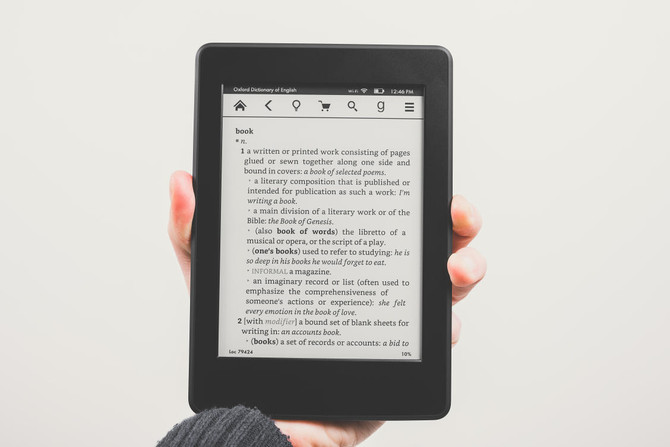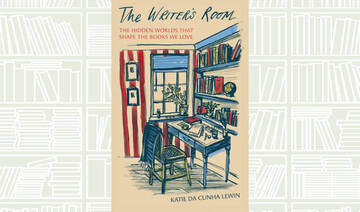JEDDAH: Amazon Kindle has announced a new beta program that will allow Kindle Direct Publishing (KDP) authors to publish e-books in Arabic for free and earn up to 70 percent royalty on sales through Kindle stores worldwide.
Kindles enable users to browse, buy, download and read e-books, newspapers, magazines and much more on a wireless network.
Since the launch of the device in 2007, many Arabic book readers have urged Amazon to provide a service for authors and readers alike to properly use it.
Arabic readers are reportedly only able to add a specific font that would enable users to download a book in PDF form, but not to convert it to an e-book.
For publishing Arabic-language e-books on KDP, the system is currently in beta testing and a step-by-step guide is available on its website, with warnings that errors may occur and it is improving support for books written in Arabic.
The website also offers a guide to creating your own content available for both e-books and paperbacks, though Arabic is still not available in paperback form.
“Kindle is a very easy and convenient way to read books as they’re extremely user-friendly, and with the new e-ink technology I can read without straining my eye too much,” said Kindle user Dr. Asma Mohurji.
“I’m currently more into sci-fi novels, but with this news I’m leaning toward going back to discovering new Arabic books,” she added.
“It’s bothersome to go and search for books in bookstores, since many aren’t available or are expensive.”
While speaking to Arab News, she tried to download and open an Arabic book but was unable to due to compatibility issues.
With over 20.5 million users worldwide, Kindle is the market leader. It is a good platform for authors, said Hayaat Q, a short-story author based in Boston, Massachusetts.
“Publishing printed books is always a risk, and they require a large budget for it to happen,” she added.
“There are many online platforms available for publishing your work online, but it’s difficult since you don’t know who’ll use your material; there are copyrights issues and more,” she said.
“With Kindle, I can publish my e-book for free, keep track of who orders my books and create a domain for myself on an established platform. It’s easier this way and more convenient.”


Arabic Kindle: authors allowed to publish eBooks in Arabic
Arabic Kindle: authors allowed to publish eBooks in Arabic

What We Are Reading Today: When Trees Testify by Beronda L. Montgomery

In “When Trees Testify,” plant biologist Beronda L. Montgomery explores the way seven trees are intertwined with Black history and culture.
She reveals how knowledge surrounding these trees has shaped America since the very beginning.
Combining the wisdom of science and history with stories from her own path to botany, Montgomery talks to majestic trees, and in this unique and compelling narrative, they answer.
© 2026 SAUDI RESEARCH & PUBLISHING COMPANY, All Rights Reserved And subject to Terms of Use Agreement.














